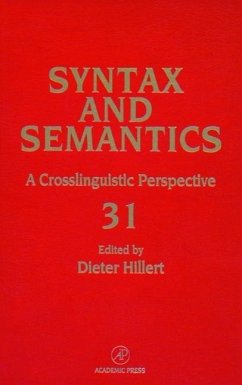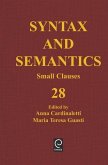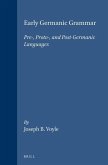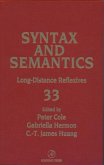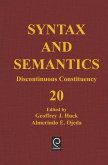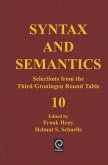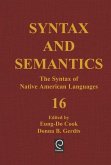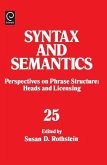The innovative element of this volume is its overview of the fundamental psycholinguistic topics involved in sentence processing. While most psycholinguistic studies focus on a single language and induce a general model of universal sentence processing, this volume proposes a cross-linguistic approach. It contains two distinct features first embraced in the 18th century by brothers Freiherr Wilhelm von Humboldt and Alexander von Humboldt. First, it offers a linguistic theory that characterizes universal cognitive features of the human language processor (or the mind and its biological source), independent of a single language structure. Second, it contains a language theory which considers the diversity of linguistic structures and provides a powerful theory of language processing. Contributors cover a wide range of topics, including word recognition, fixed expressions, grammatical constraints, empty categories, and parsing. Their research involves analyses of 12 languages. Key Features * Provides an overview of central psycholinguistic topics in sentence processing * Combines deductive and inductive methods in fashioning an innovative approach * Contributors address word recognition, fixed expressions, grammatical constraints, empty categories, and parsing * Original papers form a coherent presentation
Hinweis: Dieser Artikel kann nur an eine deutsche Lieferadresse ausgeliefert werden.
Hinweis: Dieser Artikel kann nur an eine deutsche Lieferadresse ausgeliefert werden.

